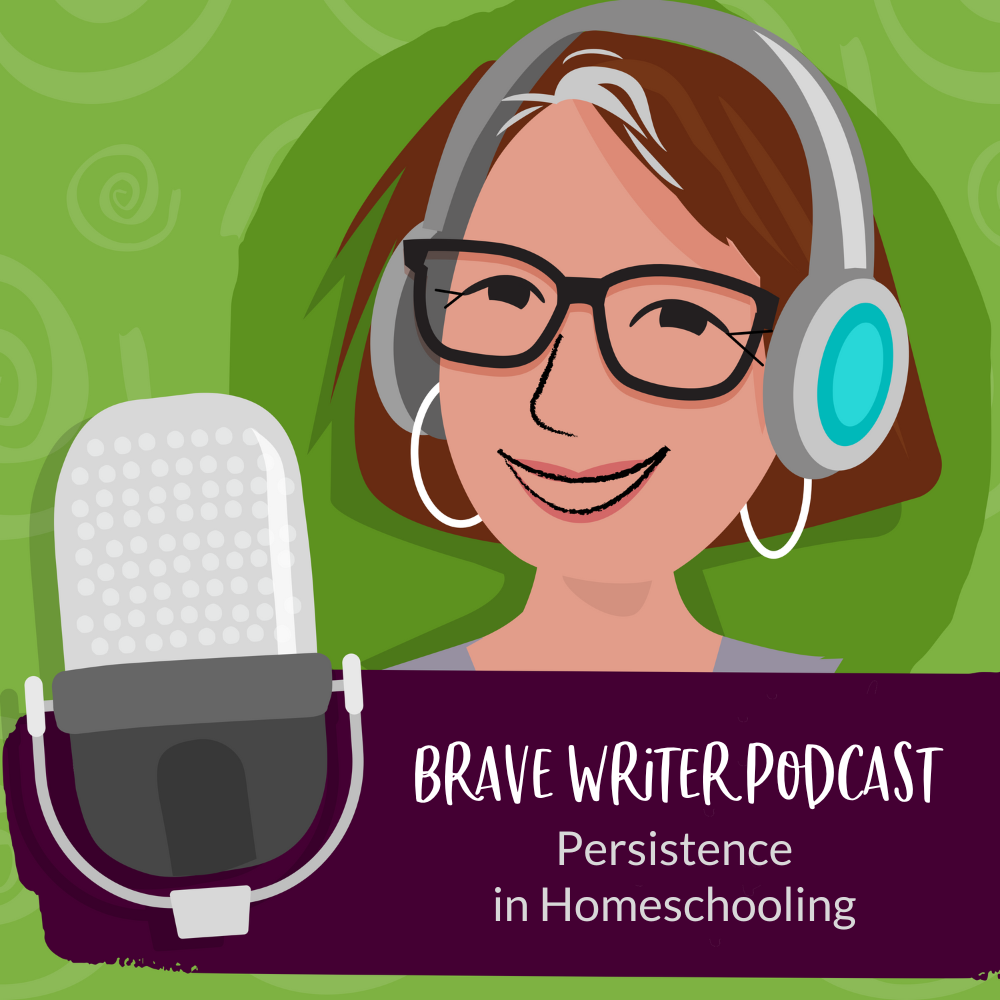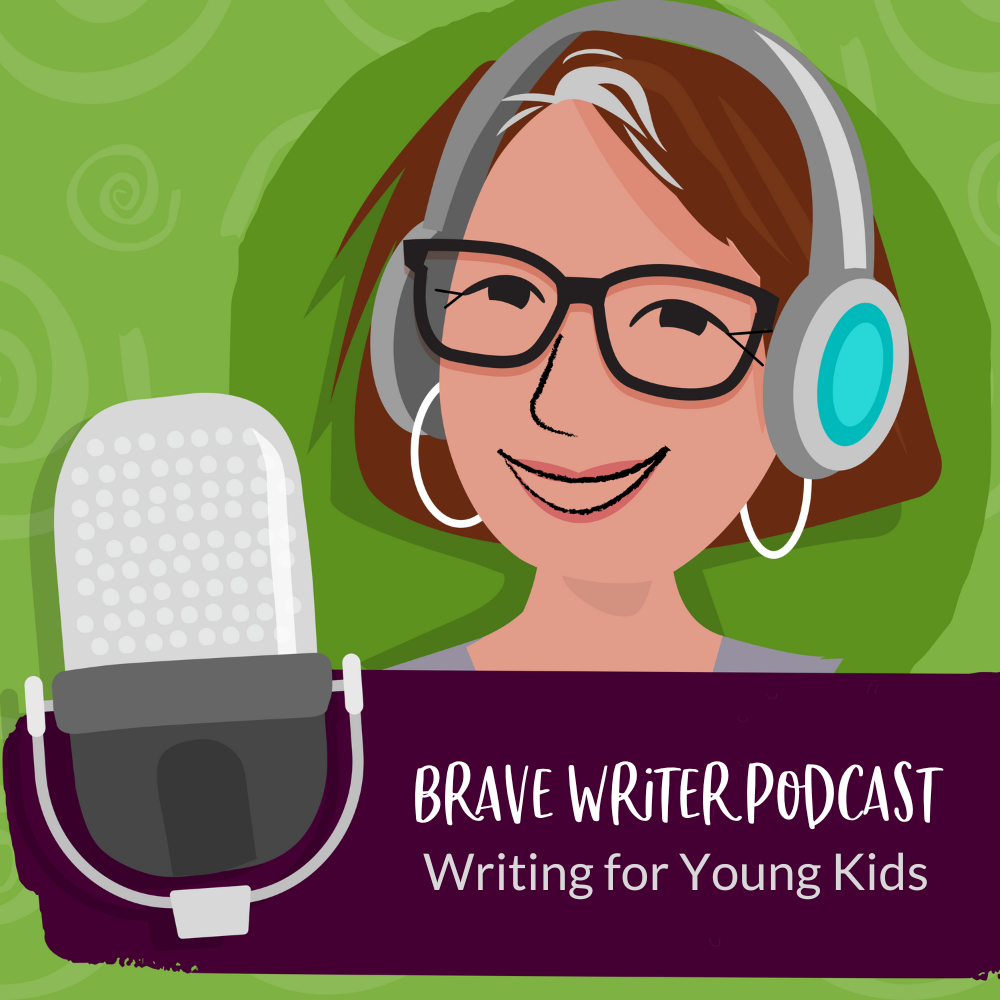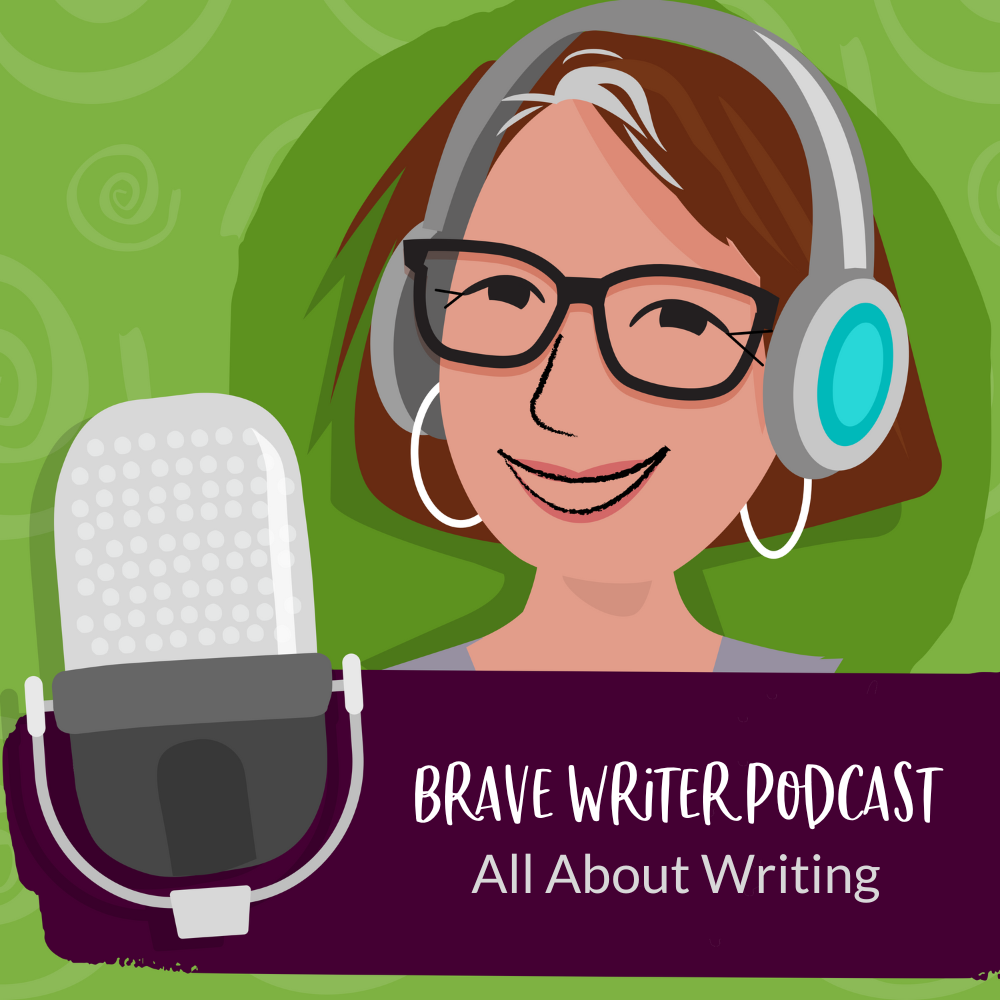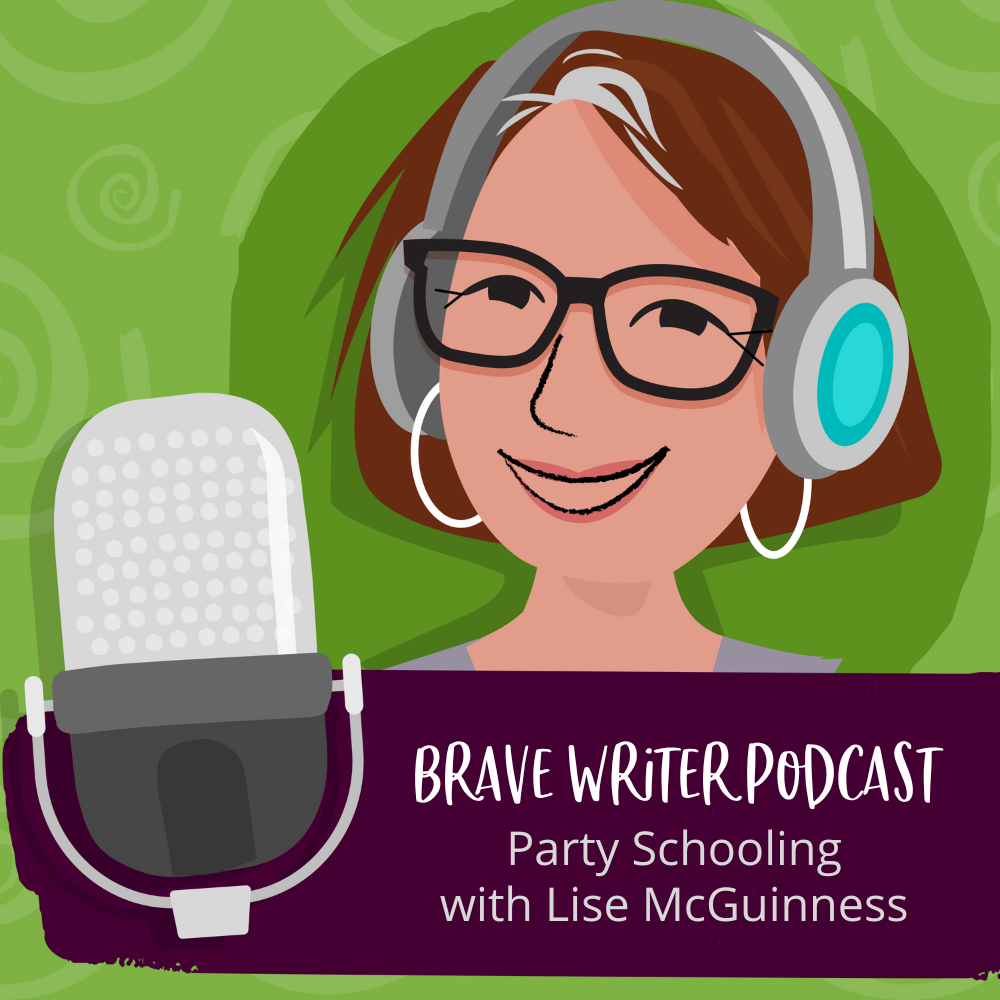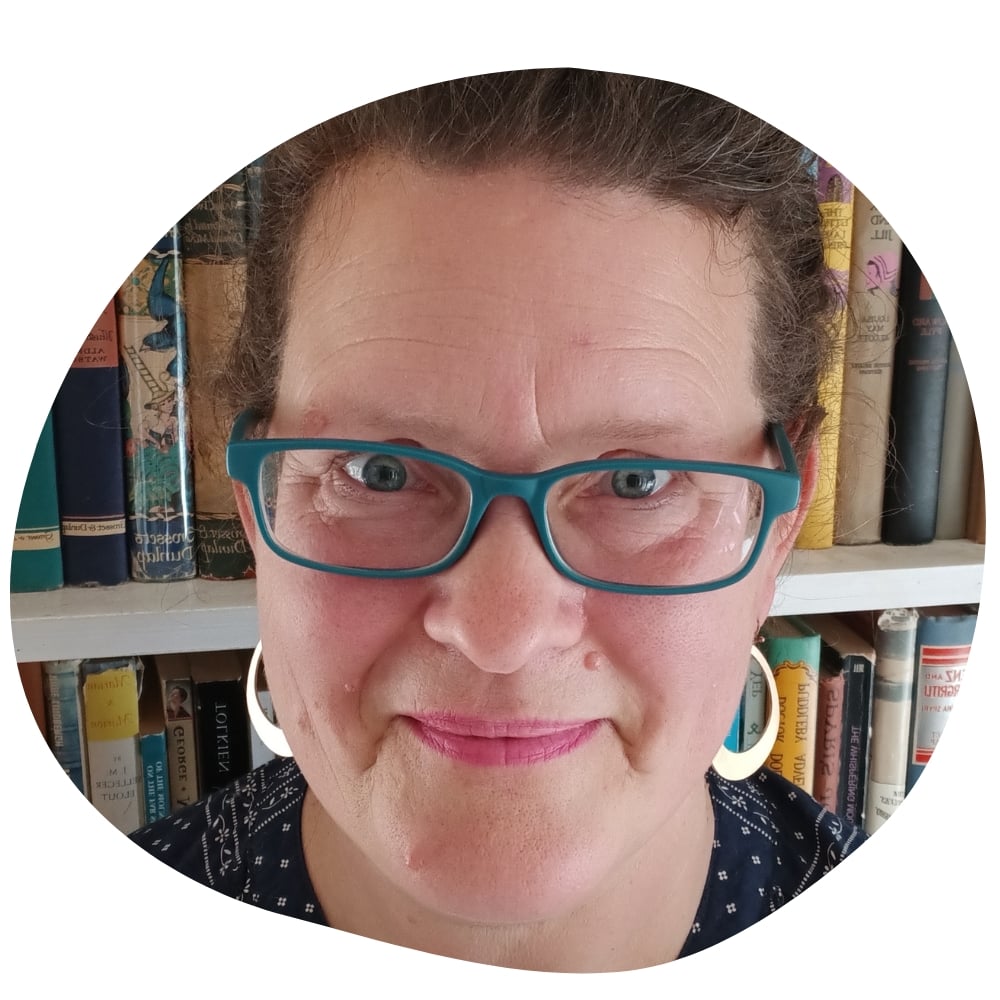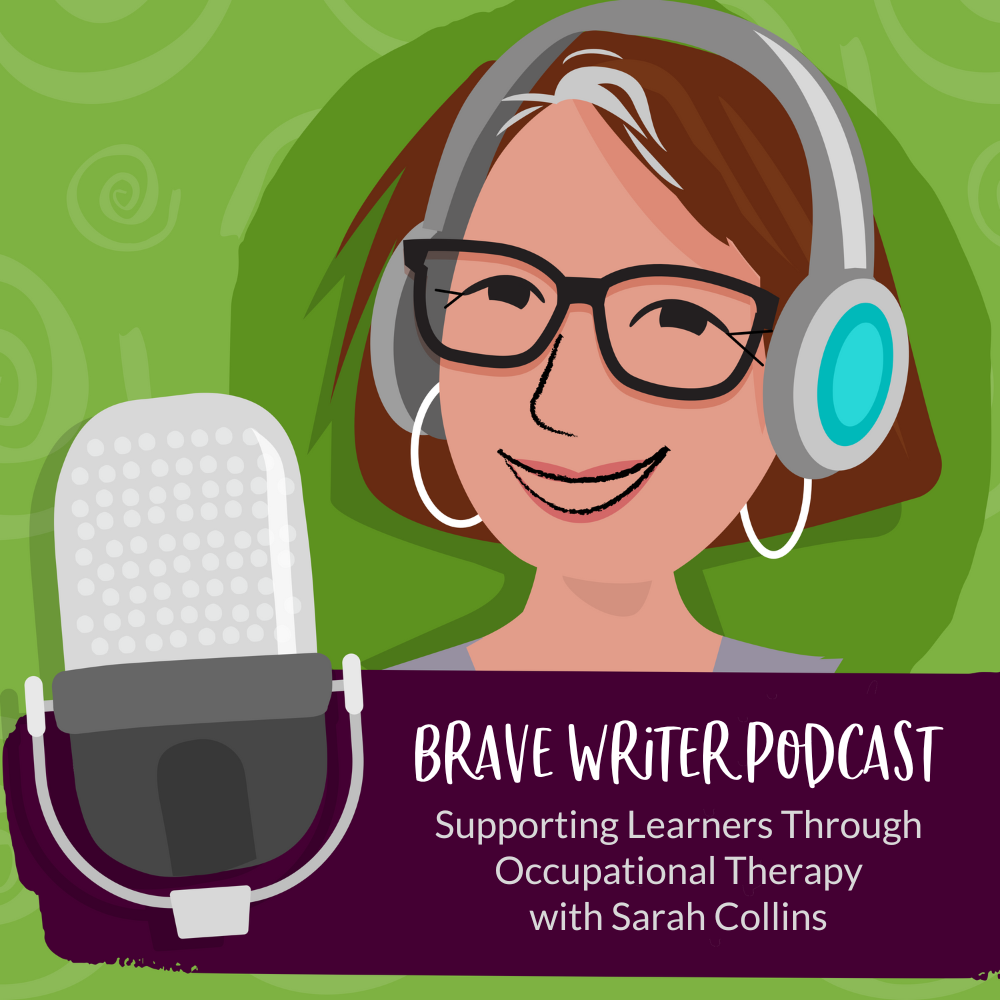
Dive into a captivating conversation with our special guest Sarah Collins, a skilled occupational therapist turned homeschooling consultant. I met Sarah, known for her lively and engaging conversations, at the Michiana Homeschool Conference and there began an insightful dialogue about the powerful impact of her work.
Sarah shares her transformative journey from being introduced to homeschooling in 2016 while working with a client, to pioneering Homeschool OT in 2019. She uncovers the rich learning environment homeschooling offers and how this unique educational model motivated her to homeschool her own family.
Ever been perplexed about how to homeschool your children effectively? You’re not alone. Sarah shares how she identified with parents who grappled with similar questions. It’s this shared struggle that spurred her to use her expertise to consult with homeschooling parents around the globe.
In the context of homeschooling, we discuss:
- handwriting,
- sensory processing,
- and executive function.
Prepare to gain comforting insights that will ease the journey of families with non-traditional learners.
Show Notes
Understanding the Role of an Occupational Therapist in Learning
An Occupational Therapist (OT) is a crucial figure in the field of education, particularly in homeschooling. The term “occupation” is not solely focused on professional work; it represents all activities that occupy one’s time, such as daily living activities, work, leisure activities, and so on.
OTs provide valuable insights when an individual experiences difficulties in their occupation. They focus on resolving these issues by addressing individual skills, environmental factors, and the occupation itself. This process extends beyond physical skills to encompass social, cognitive, and motor skills as well.
Consider handwriting, for example. To encourage a child to learn this skill, it’s essential to focus on the foundational skills that need to be in place: core strength, fine motor skills, visual motor skills, and motor planning. But above all, it’s crucial to help the child understand the value of the written word and its implications. For instance, documenting a child’s thoughts in a journal can underscore the importance of their words, keeping them motivated.
Recognizing When to Seek Help
Learning challenges are unique to each child, and it’s important to notice when your child’s behavior is obstructing their desired activities. If your child exhibits a strong desire to master a skill but consistently struggles with it, it may be time to seek professional help.
When it comes to handling learning difficulties, there’s no one-size-fits-all solution. The strategy should be customized to the individual child’s needs. Remember, homeschooling is not “alone schooling”—you can always reach out to professionals and build a supportive team.
Creating a Tailored Plan Around a Child’s Diagnosis
Once you have a diagnosis, it can be used as a launching pad to create a specialized learning plan at home. This plan could include a range of activities from targeted therapies to changes in the home environment.
For example, to support vision development and reading ability, you could arrange games on a shelf from left to right to promote visual scanning. Other methods could involve writing on vertical surfaces or using different writing implements. Even daily activities such as grocery shopping or hiking can be used to practice visual scanning.
John Stilgoe’s “Outside Lies Magic” is a recommended resource that encourages the reader to observe and notice things in their environment that they typically overlook. These practices can enhance reading skills, observation, and working memory.
Enhancing Fine Motor Skills Through Fun Activities
Fine motor skills can be developed outside the confines of pencil and paper. Activities like writing on a window, climbing trees, jumping, and crawling can all contribute to the development of core strength and shoulder stability.
Additionally, cleaning activities like wiping floorboards are functional ways to help a child move, provide sensory input, and contribute to family chores. Engaging in physical activities like playing on monkey bars or Leapfrog can also be beneficial for learning and development.
Taking a Person-Centered Approach to Learning
Rather than focusing on skills, a person-centered approach makes the learning process more enjoyable and relatable. This strategy involves observing children to understand their individual needs and desires and adjusting the teaching approach accordingly.
A person-centered approach celebrates the uniqueness of each learner and their interests. It ensures that learning becomes an enjoyable process, not a burdensome chore.
Reaching Out for Help
As parents and educators, we don’t have to navigate these challenges alone. Websites like HomeschoolOT.com offer valuable resources, including blogs, classes on various topics like handwriting, sensory processing, and executive functioning, and even memberships for live weekly sessions.
Remember, every child’s learning journey is unique. As we tailor our approach to their individual needs and strengths, we create an environment that promotes joy and excitement in learning.
Resources
- Learn more at homeschoolOT.com
- Instagram: @homeschoolOT
- Facebook group: www.facebook.com/groups/homeschooltherapyideas
- Start a free trial of CTCmath.com to try the math program that’s sure to grab and keep your child’s attention!
- Begin your bilingual adventures by visiting TalkBox.Mom/Brave. Choose your language and use the coupon code BRAVE for $20 off your first box and phrase book bundle. Start talking from day one with TalkBox.Mom and add a whole new language dimension to your brave journey!
- Sign up for our Text Message Pod Ring to get podcast updates and more!
- Send us podcast topic ideas by texting us: +1 (833) 947-3684
- Want help getting started with Brave Writer? Go to bravewriter.com/getting-started
- Sign up for the Brave Writer newsletter to learn about all of the special offers we’re doing in 2022 and you’ll get a free seven-day Writing Blitz guide just for signing up: https://go.bravewriter.com/writing-blitz
Connect with Julie
- Instagram: instagram.com/juliebravewriter
- Twitter: twitter.com/bravewriter
- Facebook: facebook.com/bravewriter



